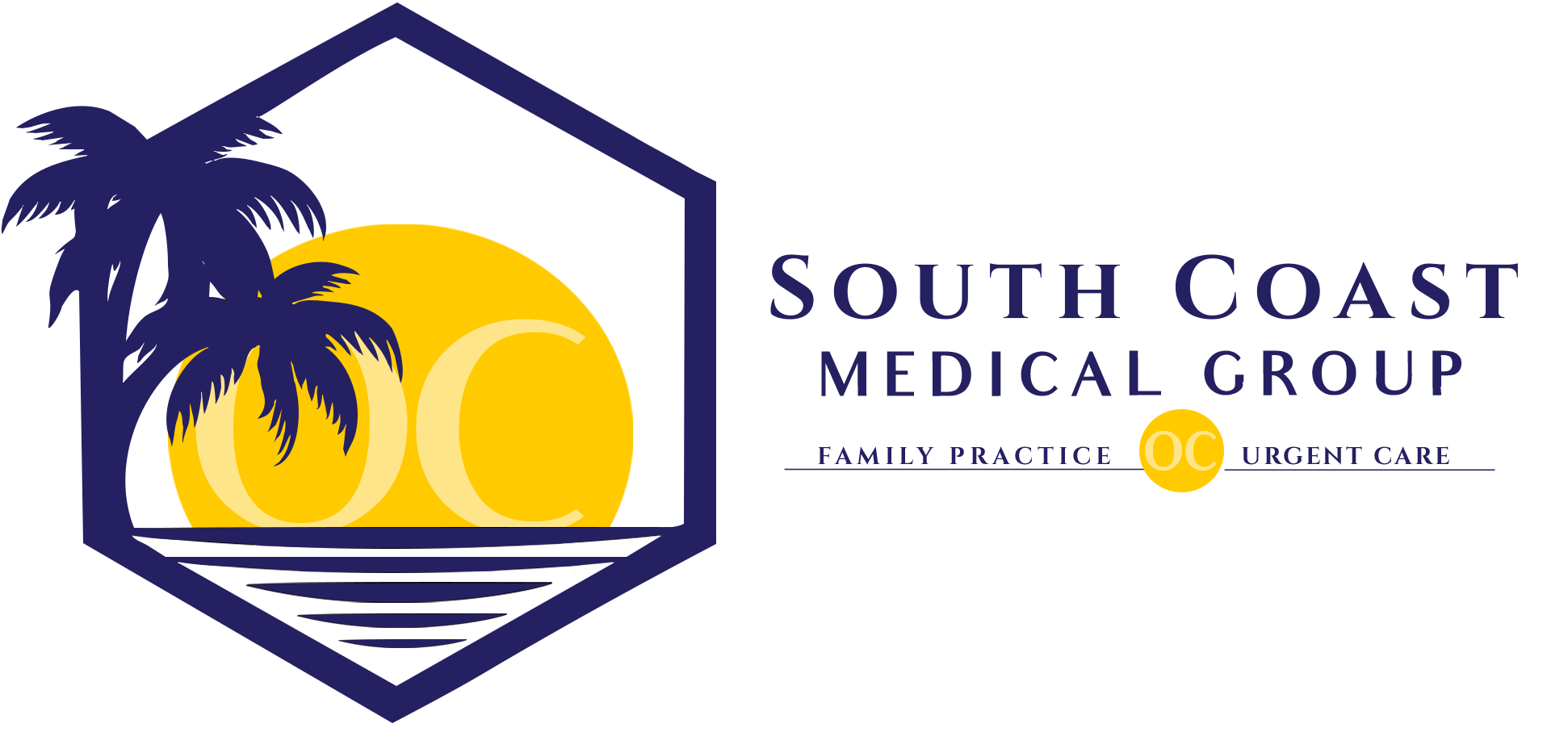Common Cold and Flu Care
What is the common cold / flu?
 The common cold and flu are upper respiratory tract infections caused by viruses. Nasal congestion and clear nasal discharge, ear congestion, a slight sore throat and a cough which is dry or productive of small amounts of clear or white mucous are typical symptoms of viral colds or flu. Many people also experience slight headaches, mild body aches, and occasional slight fever or chills. Occasionally, a cold or flu can be complicated by the development of more severe illnesses such as bronchitis, sinus infections, or middle ear infections. A persistent fever greater than 100°, persistent cough (especially if productive of thick tan or yellow-green sputum), wheezing, ear or sinus pain, severe sore throat or severe headache are all indicators that you should seek care with your health care provider.
The common cold and flu are upper respiratory tract infections caused by viruses. Nasal congestion and clear nasal discharge, ear congestion, a slight sore throat and a cough which is dry or productive of small amounts of clear or white mucous are typical symptoms of viral colds or flu. Many people also experience slight headaches, mild body aches, and occasional slight fever or chills. Occasionally, a cold or flu can be complicated by the development of more severe illnesses such as bronchitis, sinus infections, or middle ear infections. A persistent fever greater than 100°, persistent cough (especially if productive of thick tan or yellow-green sputum), wheezing, ear or sinus pain, severe sore throat or severe headache are all indicators that you should seek care with your health care provider.
Treatment
Directed toward relief of symptoms since no simple “cure” exists: Antibiotics are completely ineffective against viruses (although they may be used to treat bacterial infections complicating the common cold). Aspirin should be avoided due to association with the development of Reye’s syndrome, an uncommon but serious complication of viral illnesses.
Effective treatment measures for the common cold include:
- Rest: which gives your body a better chance to fight off the virus
- Drink 8-10 glasses of fluids daily: to keep respiratory secretions loose
- Acetaminophen (2 tablets of 325 mg every 4-6 hours), lozenges/hard candies, and gargling with salt water (½ tsp salt for every 8 ounces of water): helps to alleviate sore throat pain
- Throat culture: to rule out a possible strep throat infection.
- Nasal Spray and/or Pseudoephedrine (60 mg every 4-6 hours): helps to resolve nasal and sinus congestion
- Expectorant/Cough suppressant: helps to reduce coughing. Examples: guaifenesin-DM (2 tsps every 6 hours)
- Acetaminophen (2 tablets of 325 mg every 4-6 hours): can relieve the headaches, body aches, and fever
Influenza (flu) vaccines offered as soon as they become available in the Fall Season. Vaccines are considered “preventive” treatment.
If you think you have the flu, VISIT THE OFFICE WITHIN 48 HOURS OF SYMPTOM ONSET – there is a medication called Tamiflu that we can prescribe that will not help “kill” the flu virus, but it will help speed up recovery. However, it is more effective the earlier it is started, and has not been shown to improve recovery if started after 48 hours of symptoms onset.
| Signs & Symptoms | Flu | Cold |
| Onset | Sudden | Gradual |
| Fever | Characteristic, high (over 101° F) for 3-4 days | Rare |
| Cough | Dry, can become severe | Hacking |
| Headache | Prominent | Rare |
| Myalgia (muscle aches and pains) | Usual, often severe | Slight |
| Tiredness and weakness | Can last up to 2-3 weeks | Very mild |
| Extreme Exhaustion | Early and prominent | Never |
| Stuffy Nose | Sometimes | Common |
| Sneezing | Sometimes | Usual |
| Sore throat | Sometimes | Common |
Learn more about our medical providers



